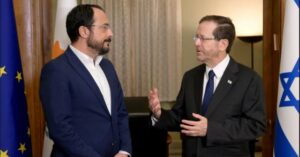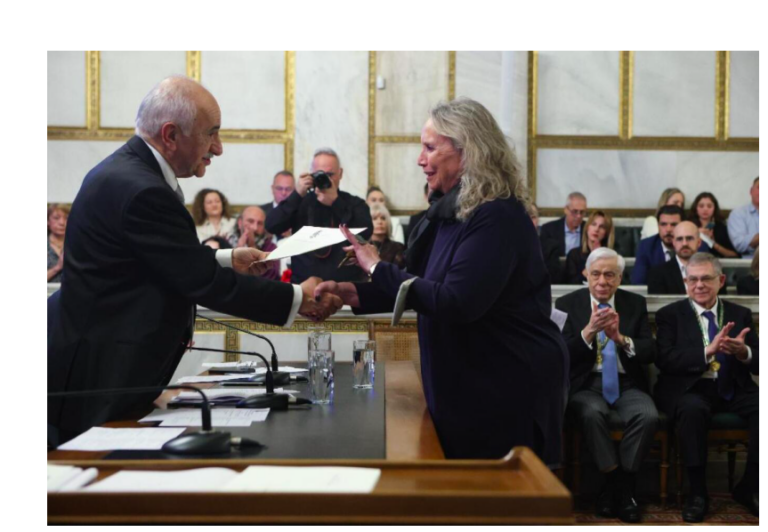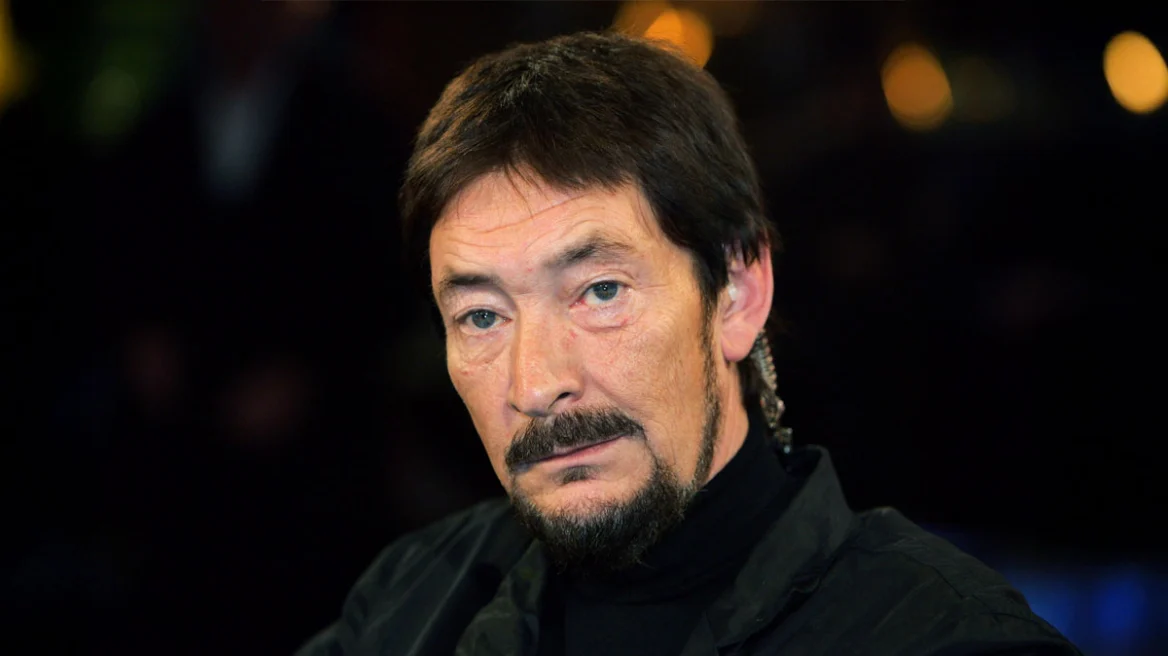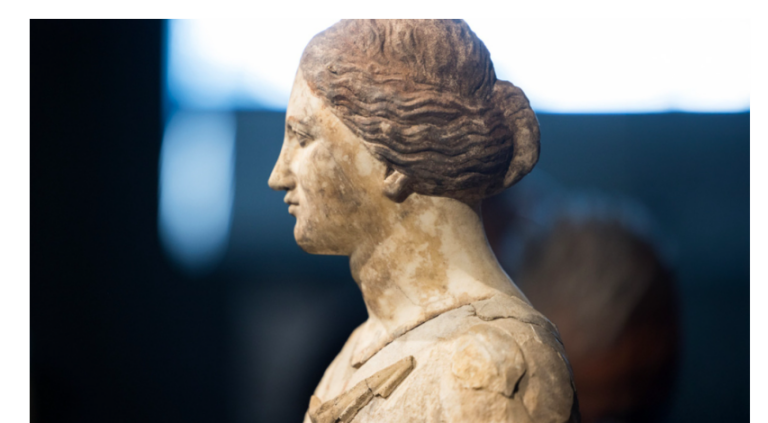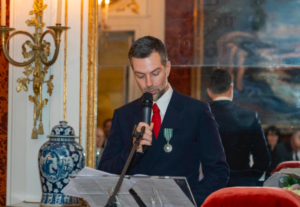The arrival of Israeli President Issaak Herzog in Nicosia today has understandably raised some surprise and questions as to its extraordinary nature. As a protothema.grgovernment source in Nicosia noted, “the fact that the visit was not planned does not mean that it was imposed by an extraordinary event.” The same source said that the President of Cyprus, Nikos Christodoulides, maintains frequent and regular contact with his Israeli counterpart and in a communication between them, it was agreed that they would meet to review the situation in the region, due to developments in Syria, following the conclusion of the Cyprus-Greece-Egypt trilateral summit in Cairo.
At the heart of the concerns of both Greece, Cyprus, Israel and Egypt, is the expanded role of Turkey, with the regime change in Syria. Athens and Nicosia are concerned about the upgrading of Ankara’s geostrategic role in relation to its pursuit of maritime zone (EEZ) delineation at the expense of the interests of Greece and Cyprus.
The case of Syria is not considered the same as that of Libya, as Syria’s priority now is to rebuild the country, which will require significant funds, which it certainly cannot draw from Turkey. On the contrary, Greece and Cyprus, as EU member states, have the potential to contribute towards providing assistance from Brussels.
Israel, concerned mainly about the security of the Kurdish population and the Druze, with whom it has excellent relations, has already taken measures in the Golan Heights, while having secured the influence of the new US administration in the direction of restraining Ankara. Israel, however, has currently ensured that Iran’s influence in Syria is minimized, which it considers particularly positive, since the strengthening of Hezbollah and Hamas is greatly reduced.
The new situation in Syria, in relation to Turkey’s role, is of interest to Egypt and Jordan, who would in no way want to see the strengthening of the Muslim Brotherhood, because such a development would set the Middle East on fire with unforeseen consequences for all countries.
Concern about destabilization
Developments in Syria are bringing closer together countries with disparate interests, but with shared concerns about security and stability. In this context, Israel and Cyprus will today review the situation and discuss ways to prevent further destabilization.
The presence of Isaak Herzog in Nicosia also indicates the high level of cooperation between the two countries, which has been developed both through trilateral meetings (Greece – Cyprus – Israel + USA) and on a bilateral level.
President Christodoulides will brief his Israeli counterpart on what was discussed at yesterday’s trilateral meeting in Cairo, with Cyprus playing the role of a channel of communication between Israel and important Arab countries with which it maintains an excellent level of relations and cooperation.
The role of Cyprus, with its humanitarian aid project in Gaza (Amalthea) and the provision of aid to the Palestinians in the West Bank, makes it a reliable interlocutor with the Palestinians as well, despite the bloody conflict with Israel after October 7, 2023.
According to government sources in Nicosia, contacts with other leaders of countries in the region are expected, while coordination with the government of Greece at the highest level is continuous and uninterrupted.
Trump’s advice unpredictable
Christodoulides and Herzog will also discuss cooperation between the two countries, taking into account the momentum created by Donald Trump’s assumption of the US presidency. Israel, and through its powerful lobby in the US, has been in direct communication with the new US President, and in large part, Trump’s phone call to Nikos Christodoulides a few days ago is due to the interest shown by Israel.
Energy cooperation issues (natural gas, electricity, etc.) are a priority, something that involves other countries such as Saudi Arabia, Jordan and Egypt, with the US having a direct relationship through US companies operating in the Eastern Mediterranean.
Given the lack of a common EU line vis-à-vis the US, each country is moving autonomously, with Cyprus pushing to strengthen the cooperation that has been institutionalized through the strategic dialogue.
As sources in Nicosia said, “the puzzle is complex and caution and maintaining a balance that does not change the basic direction of foreign policy is required.”
Protest
Despite the fact that no Arab country, not even the Palestinians, have expressed objections to the Nicosia-Tel Aviv relationship, President Christodoulides has met with opposition from AKEL to the presence of the Israeli President in Cyprus. Today, the AKEL-controlled Pancyprian Peace Council is organising a protest event against Herzog’s visit, considering that the Cypriot government identifies with the practices of the Israeli forces in Gaza.
Government sources told protothema.gr that AKEL’s reactions actually work against Cyprus’ interests, as Tel Aviv has been one of Nicosia’s most important partners in recent years, with the multi-level cooperation that exists and operates in a way that brings significant benefits to both sides without affecting relations with the rest of the region. The government attributed AKEL’s reactions to “ideological anchors” that should have been overcome.
Ask me anything
Explore related questions
